A set of newly unsealed legal filings in the United States have revealed that Meta discontinued an internal mental-health experiment — known as Project Mercury — after early results showed that stepping away from Facebook appeared to make users feel less distressed.
The unredacted material, released on November 21, 2025, paints a detailed picture of how the company initiated this study, assessed its early results, and then quietly shut it down.
The revelations form part of a much broader series of allegations from school districts, state attorneys general, and parents, who maintain that major social platforms such as Meta, TikTok, Snap, and Google’s YouTube knowingly failed to prevent mental-health harms among young users while publicly insisting that their products were safe.
The filings argue that the companies either withheld crucial research or downplayed internal warnings — even as they expanded efforts to attract younger audiences.
What Project Mercury attempted to study
Project Mercury began as an internal effort in late 2019 designed to evaluate how Facebook and Meta’s other platforms affected emotional well-being, information exposure, and social behaviour.
The company partnered with Nielsen, a major survey and measurement firm, to gather data on how users experienced life both with and without the platform.
This was part of a broader push to determine how Meta’s apps influenced issues such as online polarisation, news patterns, and daily interpersonal engagement.
Court filings indicate that the study relied on random samples of Facebook and Instagram users who voluntarily paused their activity for an extended time — up to a month in some cases.
The researchers then measured shifts in mood, self-perception, and social patterns. These insights were aimed at giving Meta internally verifiable data on the psychological effects of its products.
Unexpectedly, the results appeared to run counter to Meta’s expectations. Users who disconnected from Facebook, even for just seven days, said they faced fewer feelings of loneliness and social comparison, along with reductions in anxiety and depressive symptoms.
These results, included in multiple legal briefs, were highlighted as signs that the platform might be contributing to worsened emotional states for certain groups.
Rather than move forward with additional stages of Mercury or prepare to release its findings, the documents allege that Meta terminated the project and privately questioned the validity of the data.
How Meta staff has reacted
The filings recount concerns expressed by internal staff who reviewed Project Mercury’s early results. While the company claimed that the findings were compromised by what it called a negative “media narrative” surrounding Facebook, not everyone within Meta agreed.
According to one internal communication cited in the filing, an employee insisted, “The Nielsen study does show causal impact on social comparison,” adding an unhappy-face emoji in the message.
Another internal remark included in the legal documents drew a stark comparison to one of the most controversial cases of corporate scientific suppression in US history.
The employee asked whether the company risked appearing like cigarette manufacturers who once hid evidence of health harms, writing, “If the results are bad and we don’t publish and they leak, is it going to look like tobacco companies doing research and knowing cigs were bad and then keeping that info to themselves?”
Despite these concerns, Project Mercury did not proceed to further research phases, nor were its initial conclusions shared publicly. The lawsuit claims that Meta’s public testimony contrasted starkly with what its internal research had suggested.
In particular, the filings argue that while Meta had gathered concrete evidence pointing to negative impacts on mental health, especially among younger users, executives told US lawmakers that the company could not reliably measure whether its platforms harmed teenage girls.
How Meta has responded
Meta has strongly rejected the characterisation of Project Mercury and the broader allegations made against it.
Andy Stone, the company’s spokesperson, issued multiple statements challenging the credibility of the research and sharply criticising the lawsuit’s interpretation of the findings.
At the very end of this thread, Jeff, you include a caveat that “everything here relies on plaintiffs’ context.” Turns out that was burying the lede.
[image or embed]— Andy Stone ( @andymstone.bsky.social) November 24, 2025 at 12:09 AM
STORY CONTINUES BELOW THIS AD
According to Stone, Meta halted the work because the methodology had serious flaws, not because the company feared what the results implied.
In a public response, he said, “The full record will show that for over a decade, we have listened to parents, researched issues that matter most, and made real changes to protect teens.”
He also added, “We strongly disagree with these allegations, which rely on cherry-picked quotes and misinformed opinions.”
Stone later elaborated in social media posts that the study reflected the attitudes of individuals who already believed Facebook was unhealthy for them.
He said the internal research simply showed that “people who believed using Facebook was bad for them felt better when they stopped using it,” arguing that this matched patterns seen in earlier public “deactivation studies.”
He also noted, “It makes intuitive sense but it doesn’t show anything about the actual effect of using the platform.”
Meta maintains that its current suite of teen-protection tools, including Teen Accounts with built-in safeguards and enhanced parental controls, demonstrates its historical commitment to safety.
What the allegations say
The overarching lawsuit accuses social media companies of knowingly harbouring and expanding risks that disproportionately affected young users, even as public concern continued to grow.
Among the most serious allegations directed at Meta are claims that the company engineered youth safety features that rarely functioned as intended.
Internal documents included in the filings suggest Meta discouraged or halted the introduction of stronger safety tools because of concerns that more stringent protections could reduce user engagement.
Additionally, one document filed in court states that Meta required a user to be detected attempting to engage in sex-trafficking behaviour 17 times before being removed — described internally as “a very, very, very high strike threshold.”
The lawsuit states that this policy allowed harmful actors to remain active on the platform for extended periods while employees pushed for quicker removal.
Other documents cited in the litigation allege that Meta recognised that increased engagement among younger users came with the side effect of exposing them to more harmful content but continued prioritising engagement metrics over safety.
There are also claims that the company delayed critical measures designed to restrict contact between minors and potential predators.
The filings reference an exchange from 2021 in which Mark Zuckerberg said he would avoid stating that protecting children online was his main focus, noting, “when I have a number of other areas I’m more focused on like building the metaverse.”
The documents allege that Nick Clegg, then overseeing global public policy at Meta, sought more resources for safety initiatives but saw his requests ignored or dismissed.
Meta has pushed back against the broader set of accusations, asserting that its systems for detecting and removing harmful accounts are effective and that the lawsuit misrepresents its policies.
Stone maintained that Meta’s current rule is to remove accounts as soon as they are flagged for trafficking behaviour.
How other platforms have also been named
The lawsuit spans multiple companies and claims that social platforms collectively contributed to severe mental-health consequences among teenagers.
While Meta faces the most direct and detailed accusations in the newly unsealed documents, its competitors — TikTok, Snap and Google — are also named.
The allegations against these companies vary. For example, the lawsuit claims that TikTok engaged in paid partnerships with organisations focused on children, which the platform allegedly viewed as a way to secure favourable public statements.
One internal message cited in the filing claimed TikTok officials boasted that after sponsoring the National PTA, the organisation would “do whatever we want going forward in the fall… (t)hey’ll announce things publicly(,), (t)heir CEO will do press statements for us.”
Google, which owns YouTube, issued a denial, arguing that the lawsuit fundamentally misunderstood how its products function. A spokesperson responded, “These lawsuits fundamentally misunderstand how YouTube works and the allegations are simply not true.”
The spokesperson added that YouTube is “a streaming service” where people consume videos, often on larger screens, rather than a traditional social network.
Google pointed out that it has developed tools for younger users shaped in consultation with child-safety experts.
Why the Project Mercury revelations matter now
The ongoing multidistrict litigation represents one of the most expansive legal challenges ever mounted against the social media ecosystem in the US.
If judges determine that companies suppressed research and misled the public, it could transform both industry practices and regulatory expectations.
Project Mercury, in particular, is seen by the plaintiffs as evidence that Meta had clear warning signs but did not act.
The findings allegedly demonstrated measurable improvements in user well-being when they stepped away from Facebook—a result that, according to the lawsuit, should have triggered broader internal review and public transparency.
The filings also argue that Meta’s decision to end the research suggests the company prioritised business interests over user welfare.
With additional documents likely to be released as the case proceeds, the industry may be required to reveal far more about how internal research is carried out, interpreted and used.
The upcoming hearing scheduled for January 26, 2026 in the Northern District of California will determine whether the contested documents remain sealed or are made fully public.
For Meta, the consequences could extend beyond financial penalties. The litigation hints at the possibility that courts may eventually impose rules requiring platforms to disclose internal findings related to user safety or even change how they structure their research divisions.
Observers note that comparisons to the tobacco industry — referenced within Meta’s own internal communications — could shape how judges and regulators view the company’s responsibility to disclose harm-related evidence.
Also Watch:
With inputs from agencies


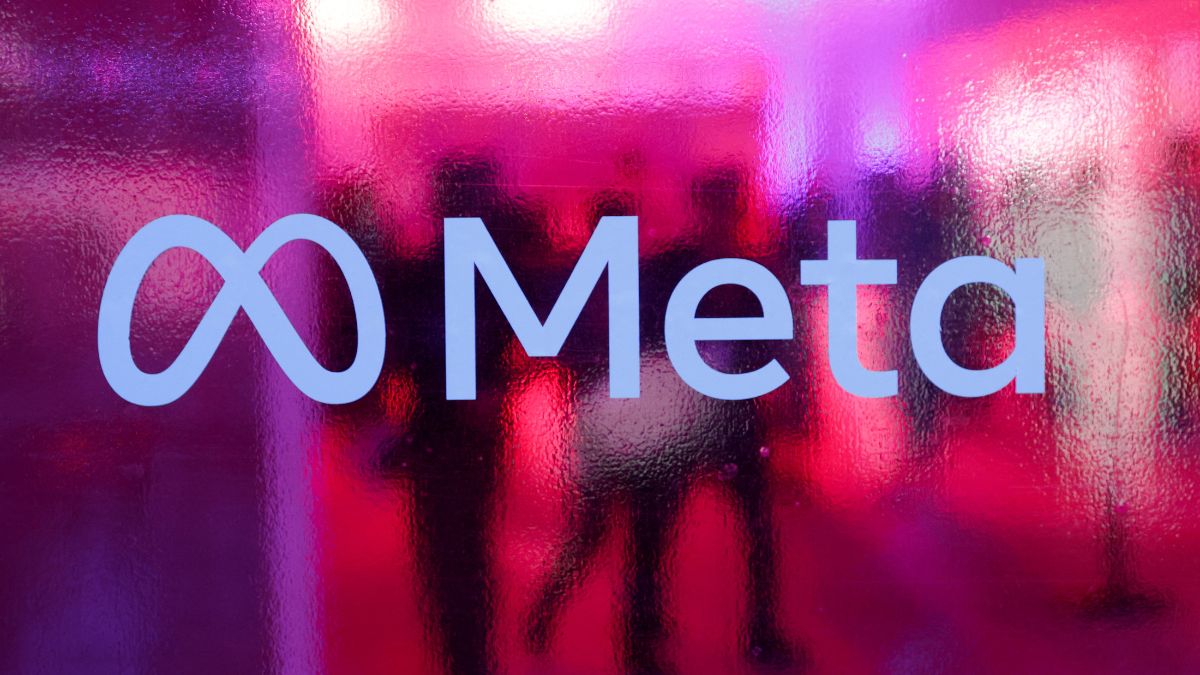)

)
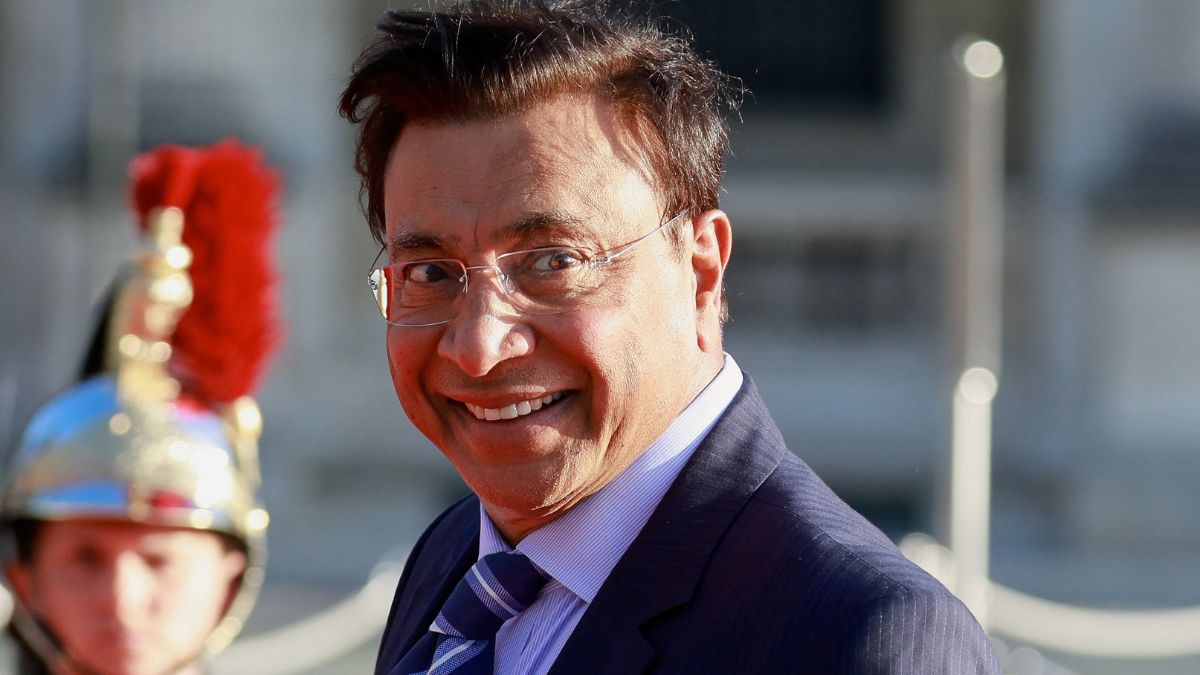)
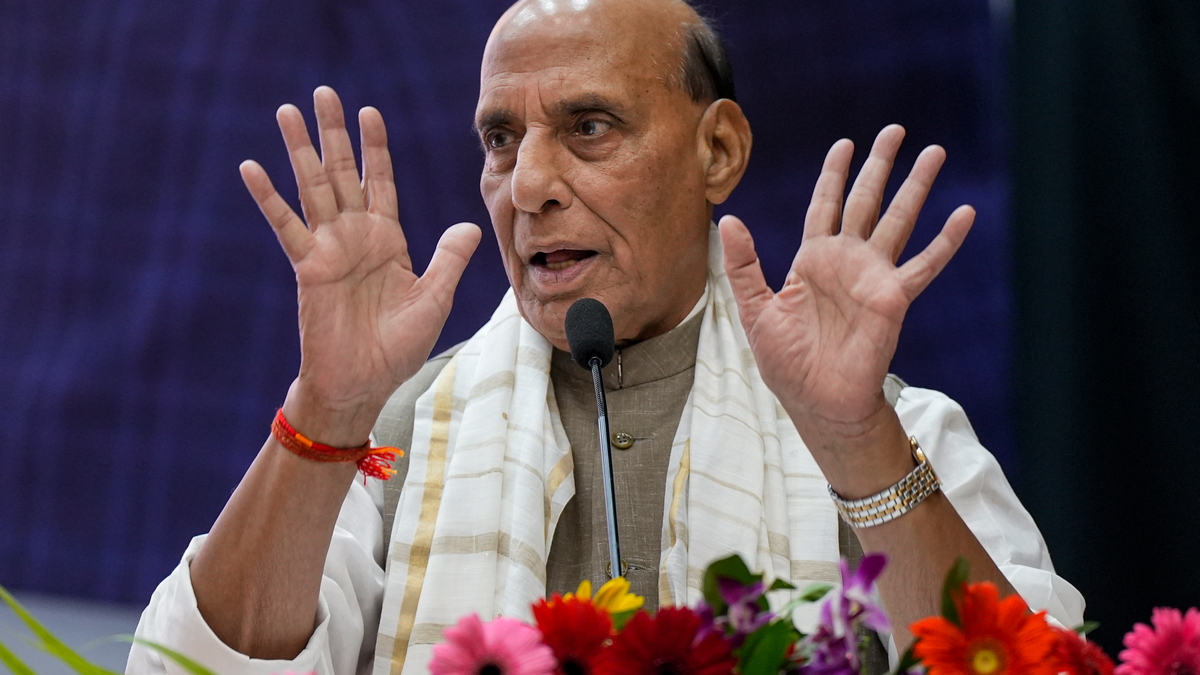)
)
)
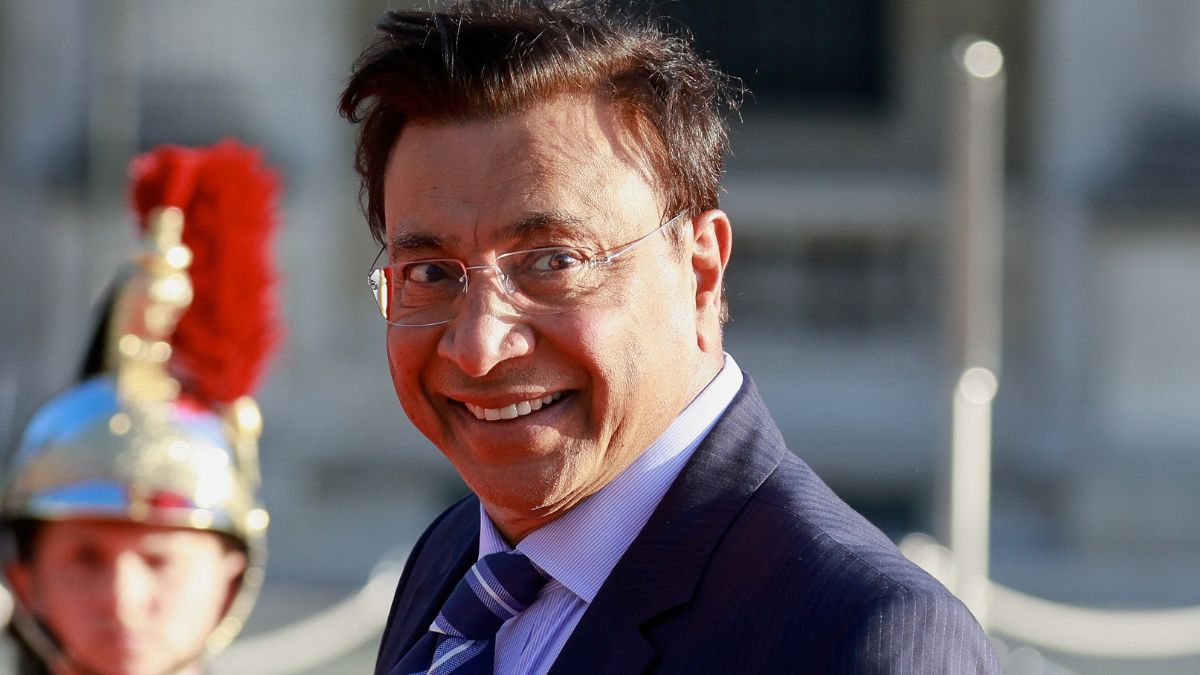)
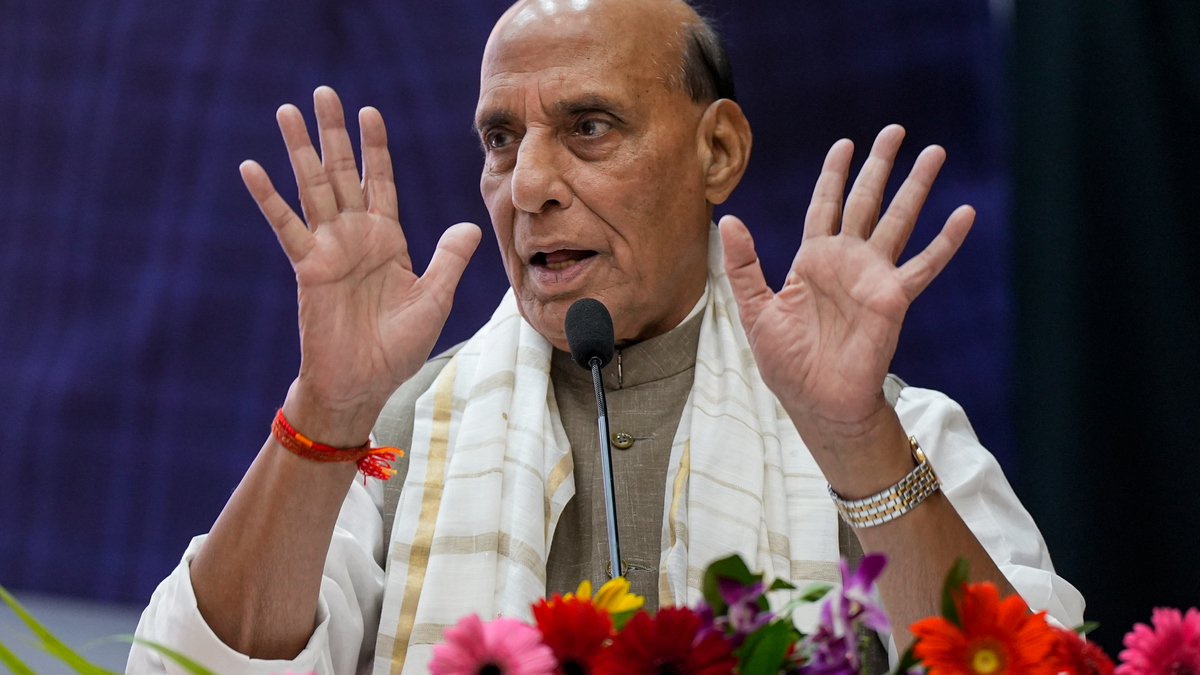)
)



